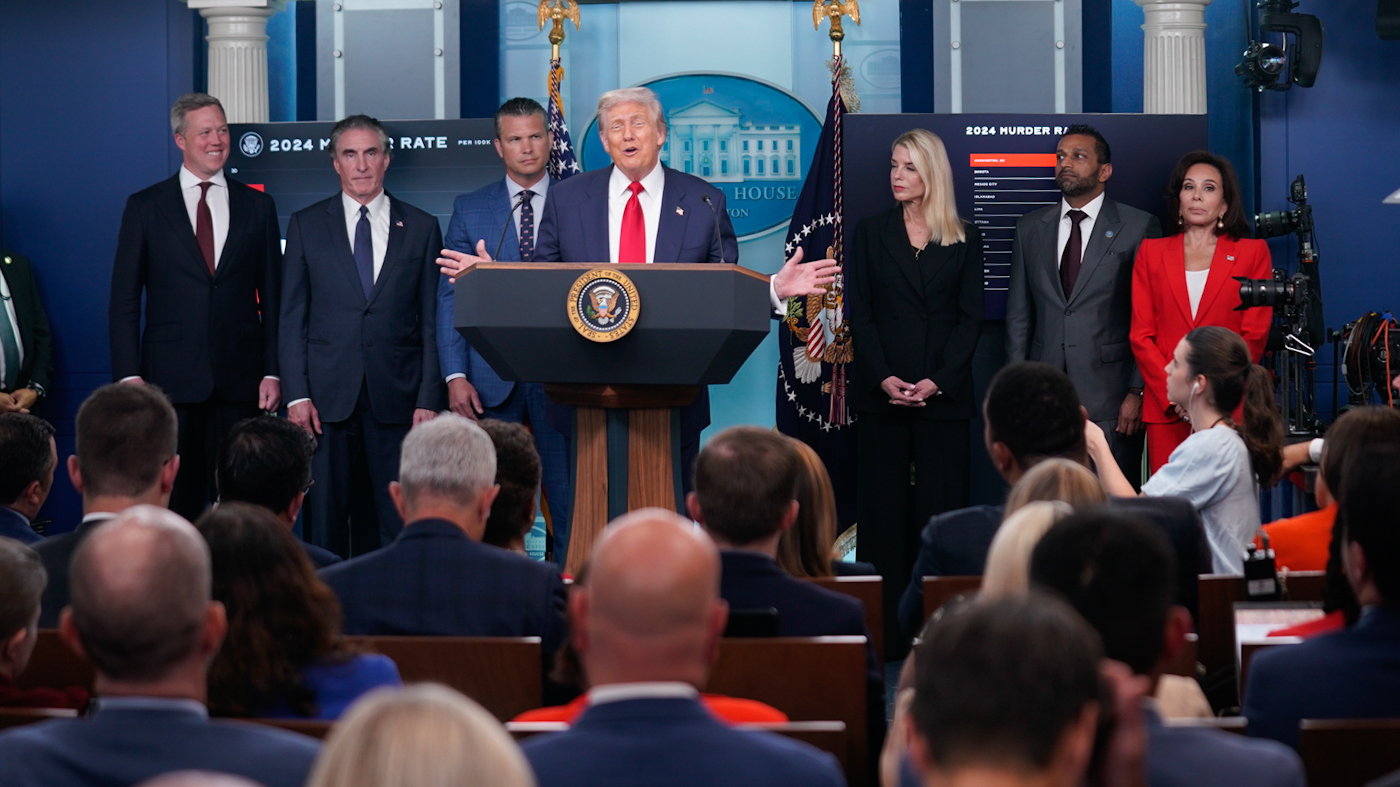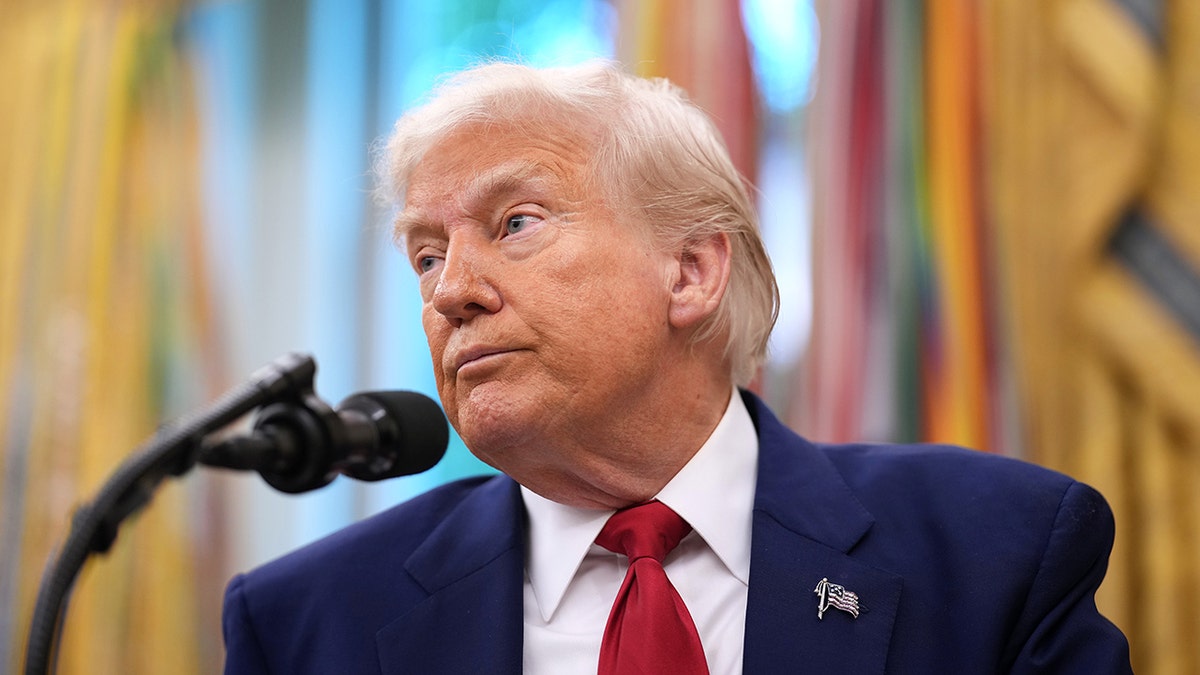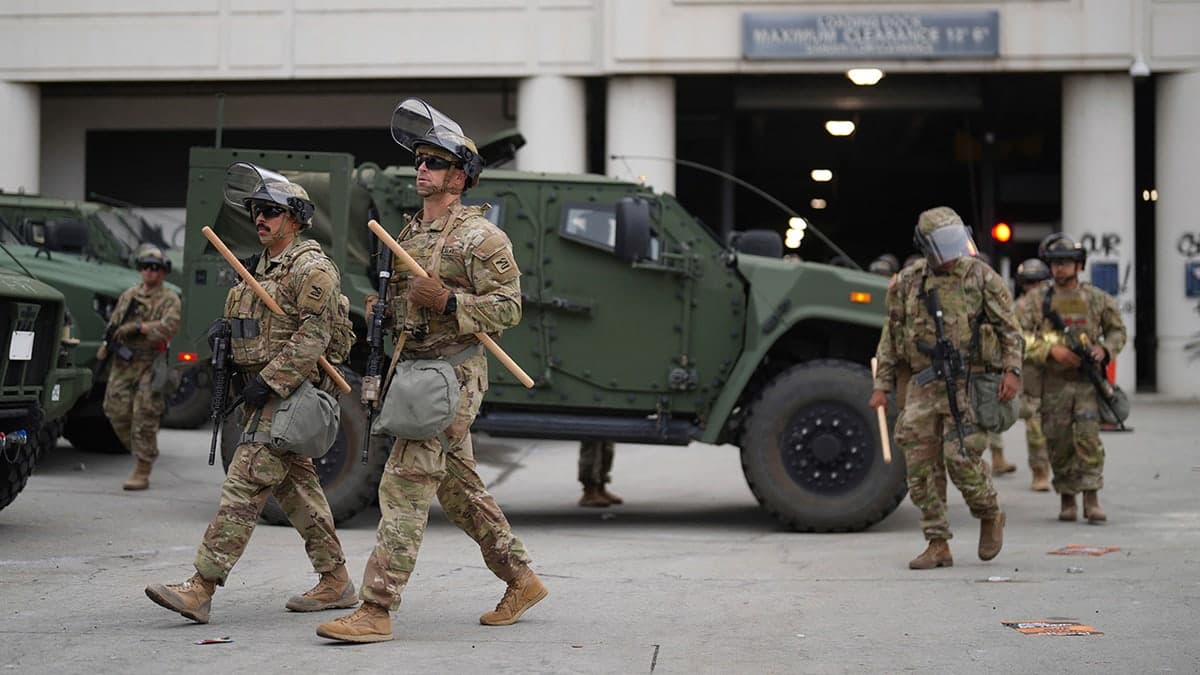Trump Mobilizes National Guard Amid Controversial Law Enforcement Control Plans
In a dramatic escalation of his administration"s approach to law enforcement, President Donald Trump announced on August 11 that he would deploy the National Guard to Washington, D.C., while simultaneously placing local police departments under federal control. This move comes amid ongoing tensions surrounding crime rates in major cities, where Trump has expressed intentions to assert greater federal oversight.
Background & Context
The backdrop to Trump"s announcement is a national debate over policing and public safety, exacerbated by rising crime rates in urban areas. Critics of local law enforcement have called for reforms, while others argue for a more robust federal response. Trump"s decision to mobilize the National Guard reflects his administration"s commitment to a hardline stance on crime, which he argues is necessary to restore order and protect citizens. This approach has drawn both fervent support and intense criticism, highlighting the polarized nature of American politics today.
In recent weeks, Trump has faced increasing scrutiny for his comments about various public figures, including Nobel Prize-winning economist A.J. Anton, whom he disparaged as a "bum." This rhetoric has further fueled discussions about the administration"s priorities and its approach to addressing complex societal issues. The context of these remarks adds to the perception that Trump"s administration is increasingly focused on punitive measures rather than collaborative community solutions.
Key Developments
During a press briefing, Trump elaborated on his plans, stating he could take control of law enforcement in major cities like New York and Chicago if local leadership fails to manage crime effectively. "If they can"t do it, we will step in," Trump declared, signaling a willingness to bypass local authorities in favor of federal intervention. This controversial statement raises questions about the balance of power between federal and local governments and the implications for civil liberties.
Additionally, the announcement comes on the heels of a troubling incident involving a couple who fled Russia and were arrested by Immigration and Customs Enforcement (ICE) immediately following a court hearing. This event underscores the administration"s stringent immigration policies and the potential consequences for individuals seeking refuge in the U.S.
\n\n
Image for Trump Mobilizes National Guard Amid Controversial Law Enforcement Control Plans
Broader Impact
The implications of Trump"s law enforcement strategy are multifaceted. Experts warn that federal control over local police could lead to a lack of accountability and undermine community trust. Critics argue that such measures may further exacerbate divisions within communities already grappling with issues of systemic racism and police brutality.
Historically, federal interventions in local law enforcement have been contentious, often igniting debates over civil rights and the appropriate role of government in policing. The current climate mirrors past tensions seen in the 1960s and 1970s when federal forces were deployed to quell civil unrest. As previously reported, Trump"s administration"s approach appears to be a revival of these contentious practices, raising alarms among civil rights advocates who fear an erosion of local autonomy.
What"s Next
Looking ahead, the Supreme Court is expected to weigh in on significant civil rights issues, including a case that could potentially repeal the right to same-sex marriage. The outcome of this case could set a precedent for future legal battles surrounding civil liberties under the Trump administration. As the political landscape shifts, the implications of Trump"s recent moves on law enforcement will likely be scrutinized by lawmakers, activists, and citizens alike.
As tensions continue to rise, the administration"s decisions will be pivotal in shaping the future of law enforcement and civil rights in America. Observers are keenly watching how these developments will unfold, particularly in the context of ongoing national dialogues about policing, public safety, and individual freedoms.

Image for Trump Mobilizes National Guard Amid Controversial Law Enforcement Control Plans



![[Video] Gunfire between Iraqi security forces and Sadr militias in Baghdad](/_next/image?url=%2Fapi%2Fimage%2Fthumbnails%2Fthumbnail-1768343508874-4redb-thumbnail.jpg&w=3840&q=75)
